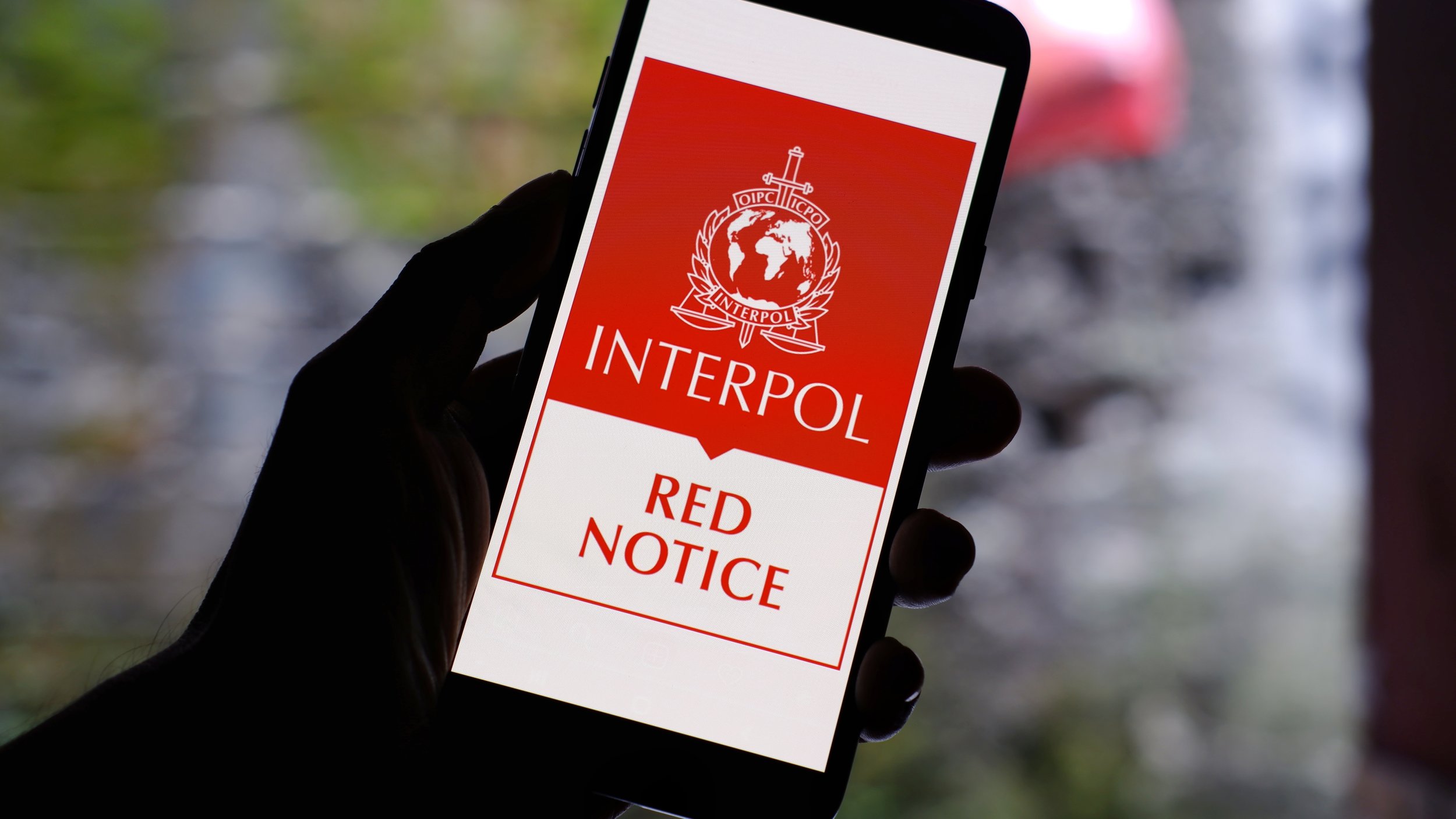Challenging an Interpol Red Notice
Interpol is shorthand for the International Criminal Police Organisation. They have 196 member countries who share data on crimes and criminals and work together to find and arrest criminals, wherever they are in the world.
A Red Notice is a request to law enforcement bodies worldwide to locate and provisionally arrest a person. The Red Notice will include information to identify the wanted person (like their name and appearance) and information about the crime they are wanted for.
It is an international alert for a wanted person. It is not an arrest warrant, which would be something like an European Arrest Warrant (EAW) or a TaCA warrant.
What happens if you are subject to a Red Notice?
If you are subject to a Red Notice, then you are likely to struggle with international travel. Any attempt to travel out of the country may be met with an interaction with law enforcement at the airport. You could be stopped from travelling and the state that requested the Red Notice will be notified of your location.
Some Red Notices are published online, which could damage your reputation. However, very few Red Notices are published online. In some circumstances, your bank accounts may be frozen or restricted if you are subject to a Red Notice.
Can you challenge a Red Notice?
There are grounds to challenge the validity of a Red Notice. Interpol will review requests for Red Notices and they are only supposed to grant them if the request is in line with Interpol’s own rules and principles.
However, Interpol is often under-resourced, so the checks on requests are not always as thorough as they should be. In the past, this has led to abuse of the Red Notice system by certain countries, who want to issue Red Notices against political opponents to stifle political opposition. Increasingly, Red Notices are being used as a tool to apply pressure in commercial litigation. This sort of ‘unconventional’ use of the system means that Red Notices can be challenged.
The grounds for a challenge lie within Interpol’s own rules, which are set out in their Rules on Processing Data (RPD) and their constitution. Among other things, these rules prevent Interpol from issuing a Red Notice if the alleged offence:
· Raises controversial issues in certain countries that relate to cultural norms. This could be things like prostitution or ‘honour’ crimes.
· Relates to private or family matters, such as adultery, or bigamy
For more specific guidance, there is a non-exhaustive list of specific offences. If the offence is one of those on the list, then the Red Notice may be invalid.
Another reason to challenge a Red Notice is that the case against the person accused lacks substance, or credibility or evidence. Interpol must comply with human rights at all times so if there is a risk that the person would face poor conditions in prison, the possibility of torture, or lack of access to a fair trial, then the notice can be challenged.
Getting a Red Notice deleted
It is possible to get a Red Notice deleted from Interpol’s records. You have to submit a request to the Commission for the Control of Interpol’s files (CCF).
This request needs to be very detailed and supported by evidence. It usually requires expert reports, which comments on the specific facts and law of the case.
In order to stand the best chance of raising a legitimate challenge, or getting the Red Notice deleted, it’s wise to have lawyers on board. We can help you navigate Interpoles rules and constitution to find the challenge that best suits your circumstances. And we can specify and gather the evidence that best supports your case.
If you’d like any more information on Red Notices, or extradition generally, please give us a call at Harewood Law. We are based in Leeds, and cover Bradford, Halifax, Wakefield, Huddersfield, Keighley and across West Yorkshire and the UK.
Harewood Law regularly instruct leading experts in this area and we can assist, guide and advise on the type of expert that is most relevant in your particular circumstance. Please contact our team today on 0333 3448377 or email us on info@harewoodlaw.com and we will be more than happy to assist.


